Israel attacks Syria after Damascus water secured
The Syrian army has retaken a village in the strategic Wadi Barada area in the countryside of Damascus, which hosts water supplies to the capital and its surroundings.
Troops on Thursday advanced into the village of Bassimeh where Damascus’ main river Barada as well as a spring supplying the capital’s general area with water are located.
Since late December, 2016, government forces have been fighting in the area with Takfiri militants who have damaged the water processing facilities there and reduced water flow to some five million people in the city.
As troops overwhelmed terrorists, the Syrian military said Israel fired rockets early on Friday that hit near a major military airport west of Damascus that was used to attack the militants.
In a statement carried on the official news agency SANA, the Syrian military said several missiles were launched just after midnight from an area near Lake Tiberias in the third such attack recently, triggering a massive fire.
The rockets fell in the vicinity of the Mezzeh military airport on the western edge of the Syrian capital. Residents of Damascus reported hearing several explosions that shook the city.
The Mezzeh airport compound, located on the southwestern edge of the capital, had been used to launch attacks on militant-held areas near Damascus and has come previously under terrorist fire.
The Syrian army said Israel, through its attacks, is assisting "terrorist groups" fighting the Syrian government.
"The Syrian army command and armed forces warn the Israeli enemy of the repercussions of this blatant attack and stress it will continue its war on terrorism," the statement said.
Last month, Israel fired surface-to-surface missiles that also struck near the Mezzeh airport. A week earlier, SANA said Israeli jets fired two missiles from Lebanese airspace toward the outskirts of Damascus, in the Sabboura area.
Israel has repeatedly attacked Syrian military targets elsewhere in what is viewed as an attempt to prop up terrorist groups in the face of the army advances.
Last September, an Israeli lawmaker said Tel Aviv was directly aiding the terrorist group formerly known as the Nusra Front in the battles on the Syrian side of the Golan Heights.
The group has recently changed its name to Jabhat Fateh al-Sham after allegedly splitting from al-Qaeda. Russia has also accused the US of supporting the terrorist group.
In a status posted on his Facebook page and quoted by the daily Haaretz, Knesset member Akram Hasoon said Jabhat Fateh al-Sham was bombing the Druze village of Khadr with Israeli minister of military affairs Avigdor Lieberman’s support and protection.
The Israeli attack on Friday coincided with a powerful explosion that ripped through the southwestern Kafr Sousa neighborhood of Damascus in which at least eight people lost their lives.
The attacks came as United Nations envoy for Syria Staffan de Mistura said five villages in Wadi Barada had reached agreements with the government to stop hostilities.
On Thursday, as many as 500 civilians and militants evacuated the area as part of a reconciliation agreement between the armed groups and the government.
Damascus is pushing for more reconciliation deals in order to secure civilian lives there, and send in engineers to repair the facilities.
In recent months, hundreds of militants have laid down weapons and surrendered to the Syrian army under such reconciliation agreements.
The Syrian government says Takfiri militants in Wadi Barada, including those from the Fateh al-Sham terror group, are deliberately cutting water supplies to the capital and its surroundings.

Late last year, the army managed to liberate the eastern sector of Aleppo, the country’s second-largest city, which had fallen to Takfiri groups back in 2012.
By doing so, the Syrian forces both restored the entirety of the city to government control and dealt the hardest blow to the militants since the onset of their campaign of foreign-fueled violence in Syria in 2011.
Government forces later secured the evacuation of remaining civilians and armed elements from the city under a ceasefire deal, brokered by Russia and Turkey, which were respectively representing the Syrian government and the armed factions.
The Aleppo deal set the stage for a landmark all-Syria truce deal between Damascus and foreign-backed militant groups operating in the country. The Daesh and Fateh al-Sham terror groups are excluded from the ceasefire deal.
The diplomatic achievements were made possible following high-level trilateral talks involving Russia, Iran and Turkey over the Syria crisis in Moscow.
VIDEO | Press TV's news headlines
Severe heat wave hits India as phase 2 of polling begins
What to expect after President Raeisi's visit to Pakistan
China describes Iran as ‘strategic partner' in West Asia
April 25: ‘Axis of Resistance’ operations against Israeli occupation
Hezbollah hits Israeli military sites near border with rockets, drones
Rwandans say UK deportation 'another brutal manifestation of neo-colonialism'
US troops begin construction of controversial pier off Gaza


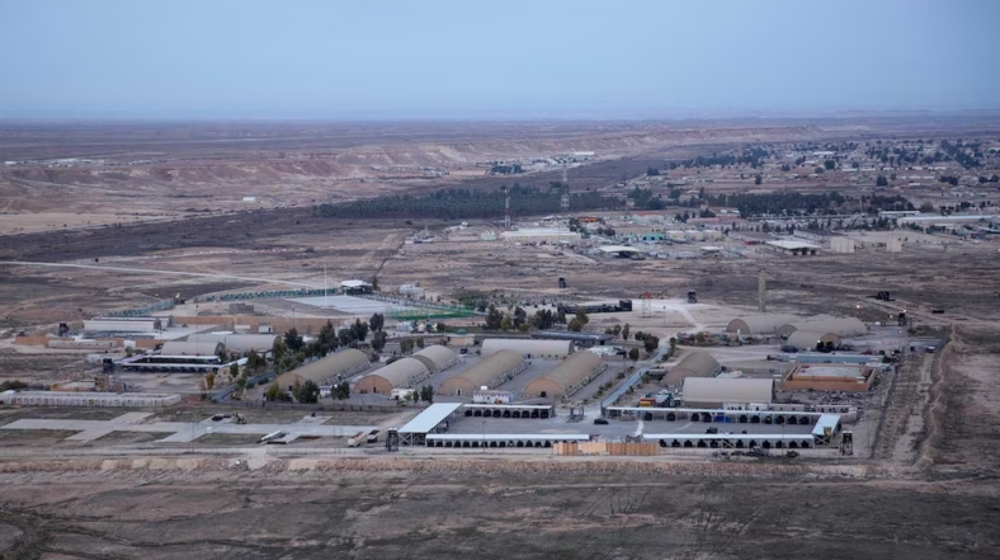
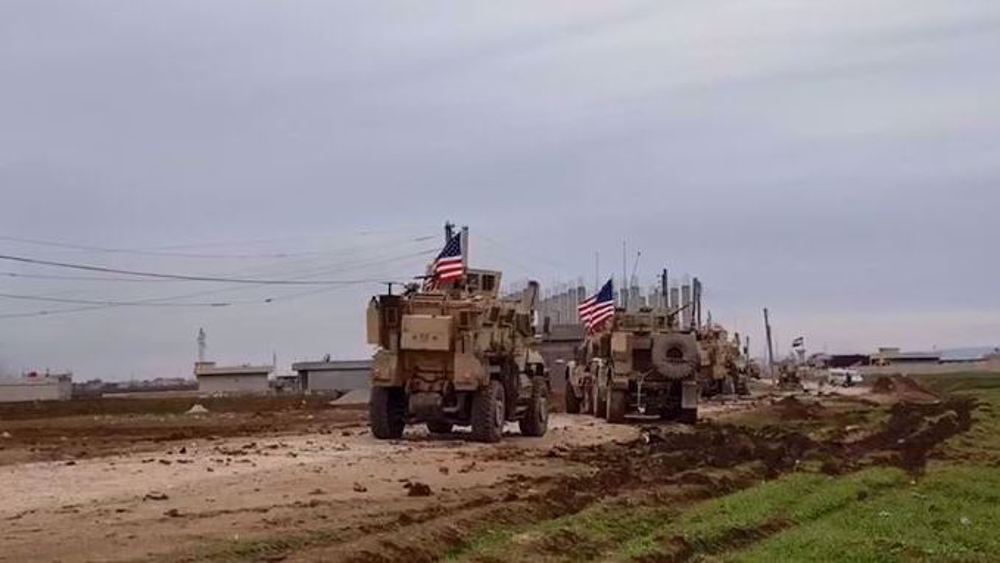
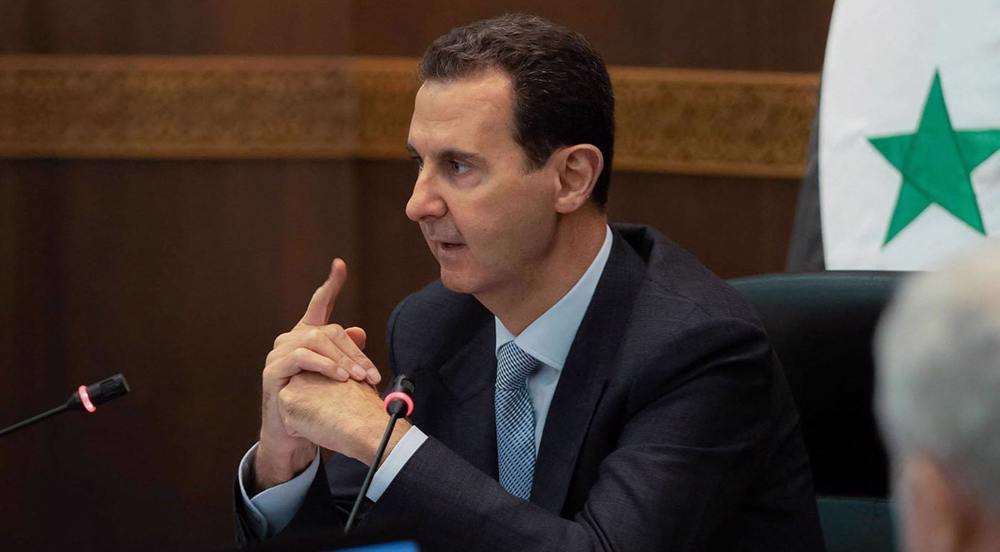



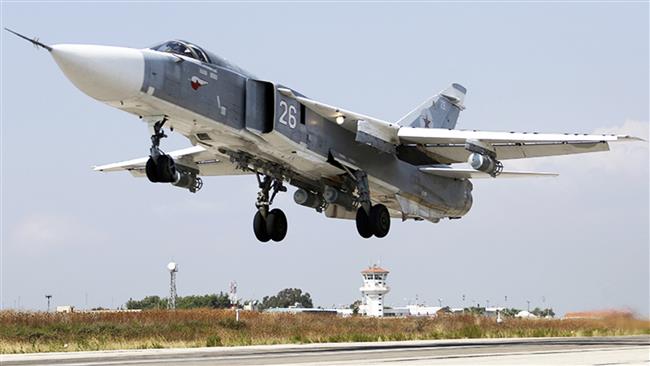
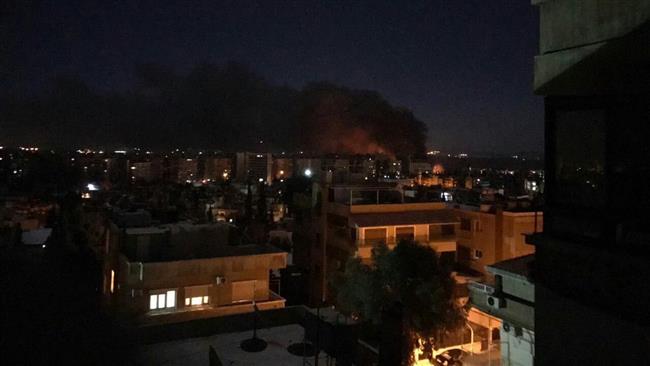

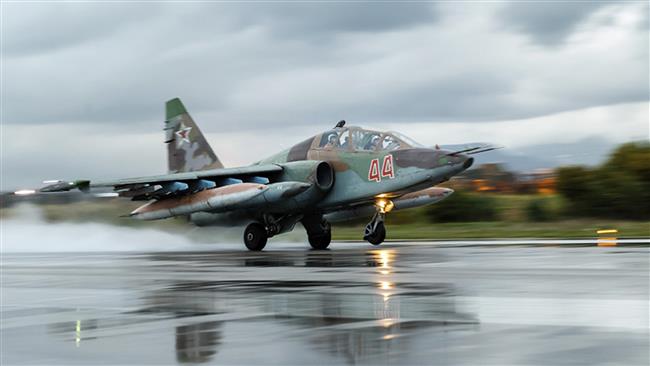
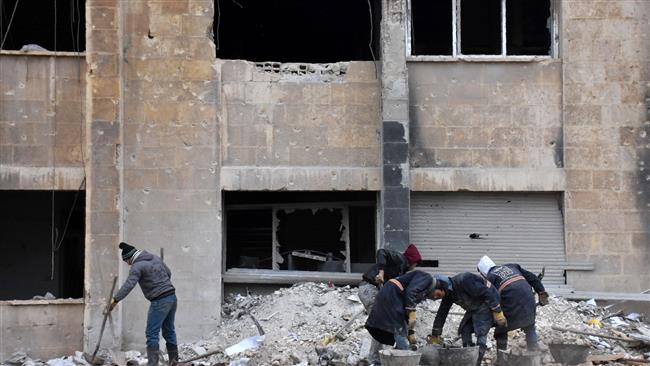

 This makes it easy to access the Press TV website
This makes it easy to access the Press TV website